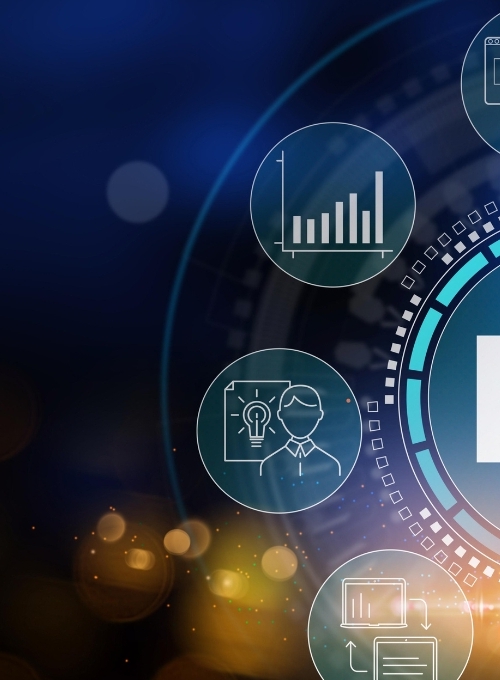
Biostatistics
We create and apply methods for quantitative research in the health sciences, and we provide innovative biostatistics education, making discoveries to improve health. The Johns Hopkins Bloomberg School of Public Health was ranked #1 in Biostatistics by peers in the 2025 U.S. News & World Report rankings.
Biostatistics Headlines
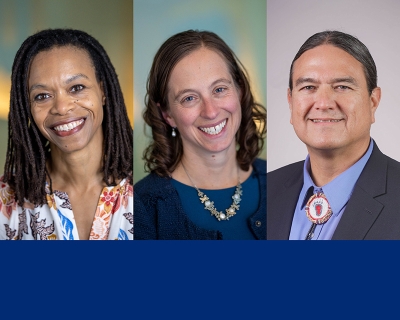
Three Bloomberg School Faculty Elected to National Academy of Medicine
Membership in NAM is considered one of the highest honors in the fields of health and medicine.

Student Spotlight: Jady Li
Jady Li is a second-year ScM student in the Department of Biostatistics, with a focus on digital phenotyping.
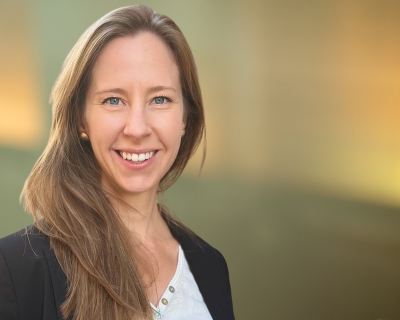
Alumni Spotlight: Hilary Robbins, MSPH ’12, MHS, PhD ’18
Robbins co-leads the Risk Assessment and Early Detection Team at the WHO’s International Agency for Research on Cancer.
Research Saves Lives
The Department of Biostatistics develops and applies methods to ensure that research across public health and medicine is accurate and can guide policy and practice. Our faculty, staff, postdocs, and students collaborate with health scientists across a range of areas to efficiently acquire knowledge, develop strategies for the prevention of diseases, and draw valid conclusions from ever-expanding sources of information.
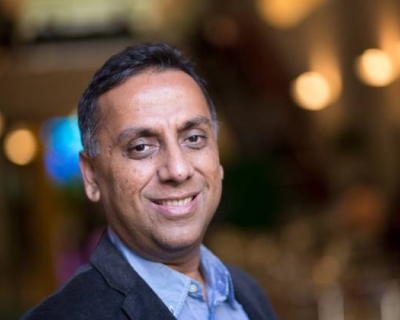
Keep Big Data in the Fight Against Chronic Diseases
Cuts to NIH funding for biostatistical research would erode the United States' competitive edge, hindering the health, economy, and overall security of the nation.

The Science and Soul of Public Health
Seven stories centered on moments small and big from journeys in lifesaving.
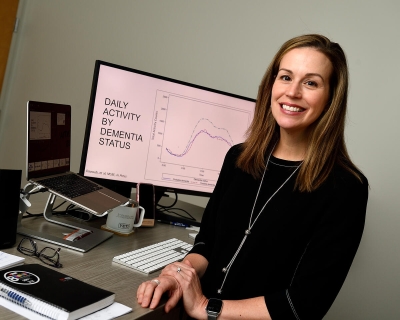
Long-Running Surveys Help Researchers Track Trends in Aging
The Center on Aging and Health, one of Johns Hopkins University's largest recipients of NIH funds, conducts critical work that provides real-time insights into the condition and care of older Americans.
What We Do in the Department of Biostatistics
The Bloomberg School's Department of Biostatistics is the oldest department of its kind in the world and has long been considered one of the best. Our faculty conduct research across the spectrum of statistical science, from foundations of inference to the discovery of new methodologies for health applications.
Our designs and analytic methods enable health scientists and professionals across industries to efficiently acquire knowledge and draw valid conclusions from ever-expanding sources of information.
Biostatistics Highlights
First in U.S.
First freestanding statistics department in the U.S.
Impact
Data science driving health and empowering opportunity
Discovery
Foundational discoveries for inference and modeling
Community
Creative, close-knit community
Biostatistics Programs
The Department of Biostatistics offers three graduate programs to applicants with a bachelor's degree (or higher) interested in professional or academic careers at the interface of the statistical and health sciences.
We also have funded training programs in the Epidemiology and Biostatistics of Aging for PhD students who are U.S. citizens or permanent residents.
Doctor of Philosophy (PhD)
Our PhD graduates lead research in the foundations of statistical reasoning, data science, and their application making discoveries to improve health.
Master of Science (ScM)
Our ScM targets individuals who have demonstrated prior excellence in quantitative or biological sciences and desire a career as a professional statistician.
Master of Health Science (MHS)
Our one-year MHS program provides study in biostatistical theory & methods.
Concurrent Schoolwide Master of Health Science (MHS) in Biostatistics
Our Concurrent MHS program is open to students concurrently enrolled in a doctoral program at Johns Hopkins University.
John McGready, PhD '08, ScM
John McGready, PhD '08, ScM, is a teaching professor in the Department of Biostatistics who shares the joy, importance, and utility of biostatistics with students, and works closely with faculty and clinicians on public-health research.
Biostatistics Center
The Johns Hopkins Biostatistics Center (JHBC) provides comprehensive biostatistical and data management services for Bloomberg students as well as researchers inside and outside the Johns Hopkins community. JHBC is the go-to resource for support throughout the research lifecycle, including data collection systems, data management, programming, and data science.

Jady Li
Jady Li is a second-year ScM student in the Department of Biostatistics, with a focus on digital phenotyping. Jady is currently collaborating on a project with the Johns Hopkins School of Medicine involving oscillometer data, which is used to assess lung function.
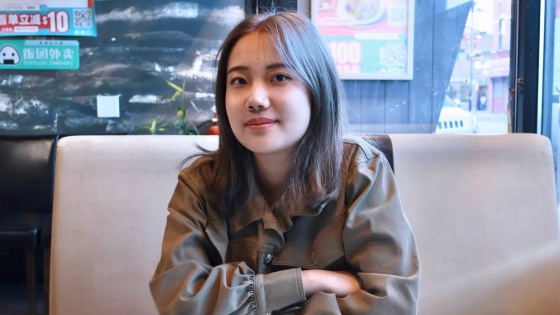
Support Our Department
A gift to our Department can help to provide student scholarships and internships, attract and retain faculty, and support innovation.
